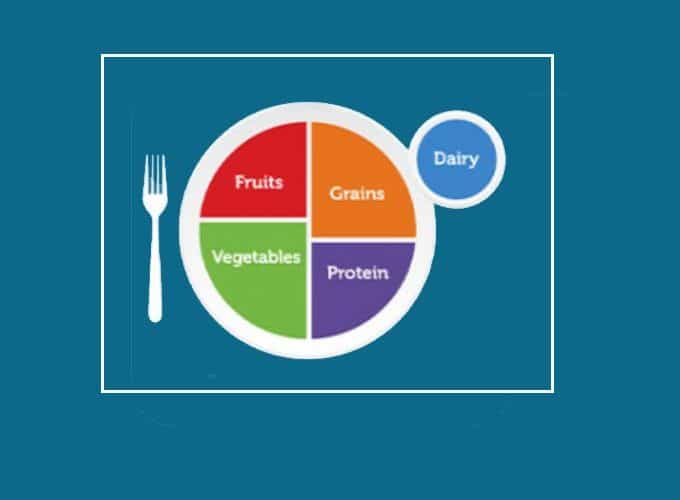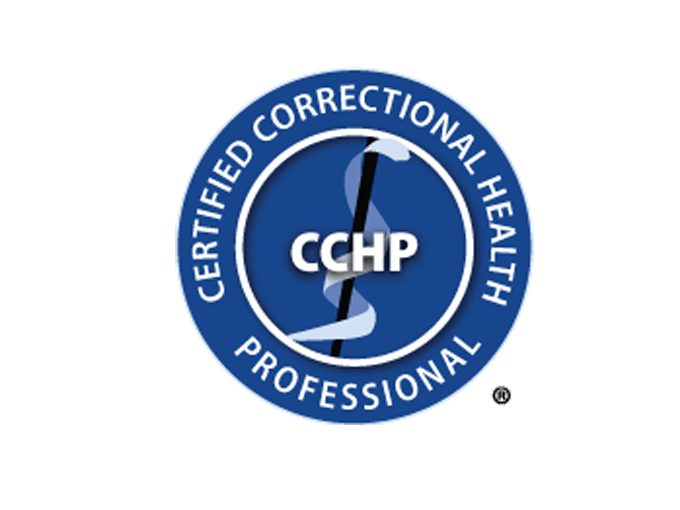
Standards Q&A: 75% Custody Health Training Requirement
Does the 75% requirement refer to all custody staff or only those working during
Home NCCHC Releases New Position Statement on Nutritional Wellness
 Feb 8, 2023
Feb 8, 2023Access to a nutritious, palatable diet is essential to personal well-being, a medical necessity, and a fundamental human right. To advance the nutritional wellness of incarcerated people, NCCHC has released a new position statement, Nutritional Wellness in Correctional Settings.
Among other recommendations, the position statement recommends that facilities:
• Provide a healthy diet that is palatable and reflects the cultural and demographic preferences of the facility’s population.
• Obtain input from incarcerated people as to menu options.
• Provide ready access to potable, palatable drinking water.
• Ensure that access to food or provision of types of food is not disciplinary in nature.
• Implement wellness programs that include behavioral management strategies and exercise programs for managing weight gain, access to dietitian expertise to inform programming, and education on the prevention and management of obesity.
• Address potential food insecurity concerns as a core component of reentry planning for individuals returning to their communities.
Nationally recognized standards and practices address these “patient centered” concerns/points to help ensure consumption and desirable nutritional intake during and after incarceration with healthy outcomes.
Access to a nutritious diet is especially important for incarcerated people who may be at increased risk of nutrition-related chronic diseases. Jail and prison surveys indicate that a significant majority of incarcerated people are overweight or obese and have higher rates of hypertension and diabetes compared to the U.S. general population. Additional weight gain commonly occurs during incarceration and may exacerbate comorbid health conditions. Nutritional wellness may be further compromised by food insecurity for people returning to their communities, particularly when they are impacted by poverty, homelessness, and behavioral health conditions.
Despite the medical importance of nutritional wellness, incarcerated people may not always have access to nutritious, appetizing diets and healthy beverage options. Because governing agency standards vary, menus may exceed caloric recommendations for some populations and be limited in their food offerings, relying largely on processed foods that are high in sodium and lacking in fresh fruits and vegetables. Ready access to potable, palatable drinking water may be limited and served beverages may be sugar-sweetened. Many people also consume food and beverages from jail and prison commissaries; however, nutritious commissary options are routinely quite limited.
Correctional administrators can promote nutritional wellness by adopting policies that consider access to nutritious food and beverages a medical necessity; adopting diets that are based on national standards for nutrition and food safety; ensuring ready access to potable, palatable drinking water; offering a variety of labeled, healthy commissary food and beverage options; providing education on healthy dietary selections; implementing wellness programs that include behavioral management strategies and exercise programs for managing weight gain; and addressing food insecurity concerns as a core component of reentry planning.


